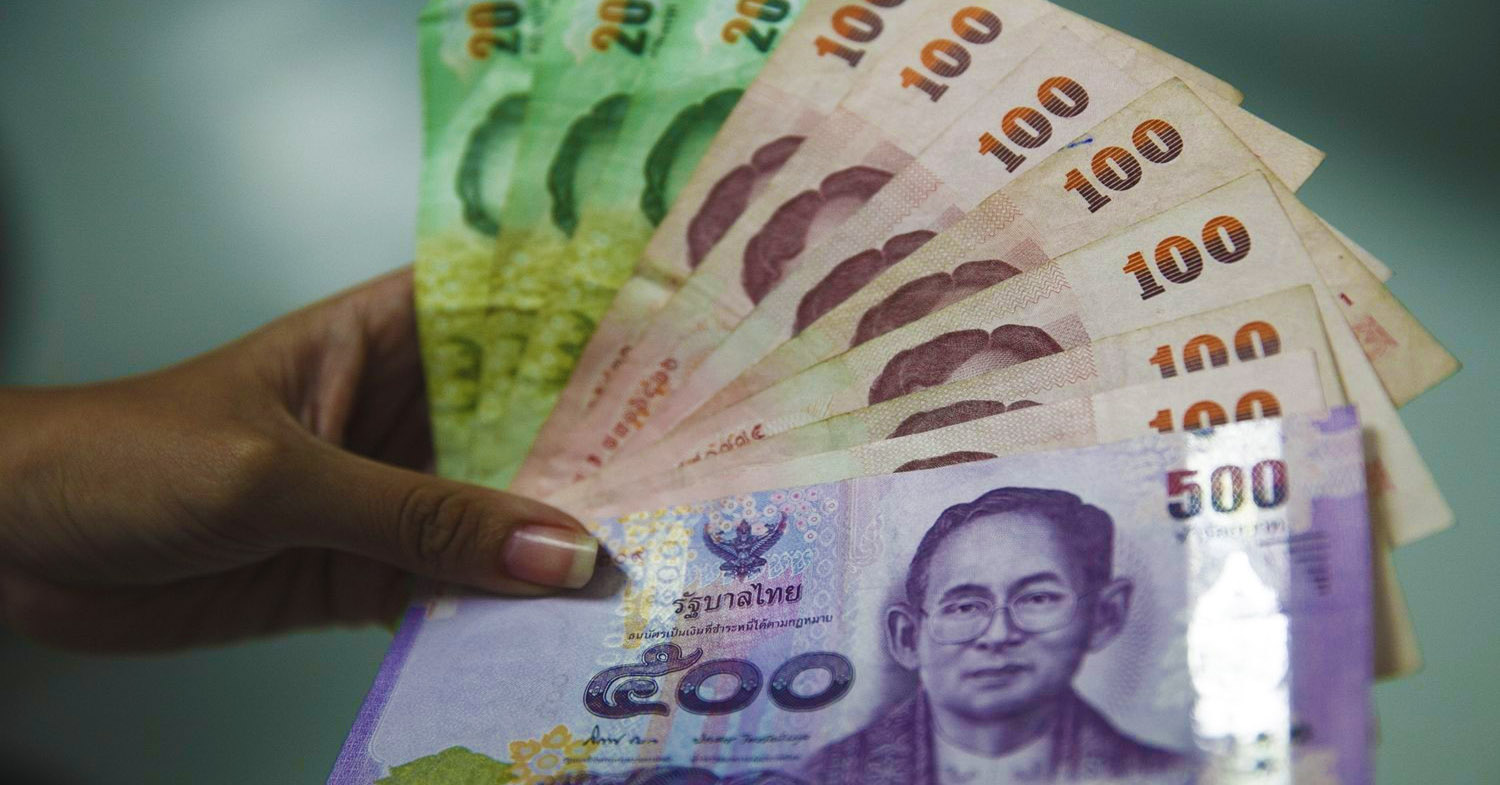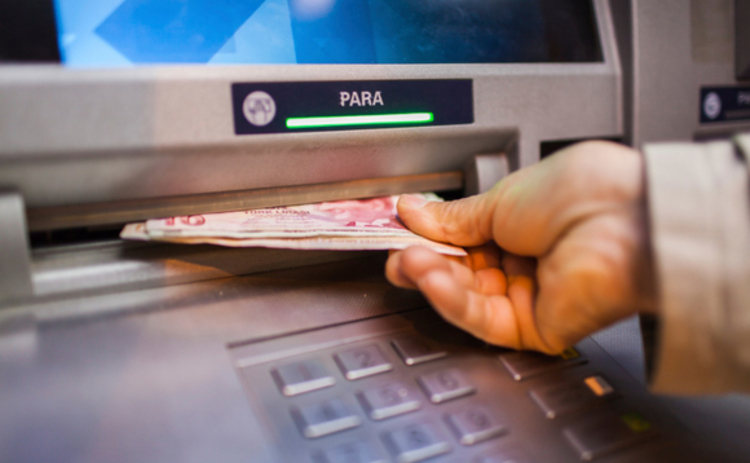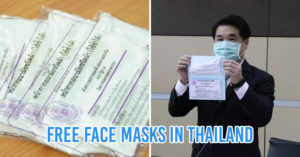Sanitising Thai baht notes and coins

Image adapted from: Posttoday
Some of us have been taught that banknotes and coins can be super dirty as they’ve been passed around from hand to hand.
Surely, this thought has come across Thailand’s Ministry of Finance, especially during the time of COVID-19. Hence, the ministry will be releasing new coins and collecting old ones for deep cleaning to kill the virus.
“The virus can stick onto old coins for 5-7 days and banknotes for 9 days,” said Yuttana Yimgarund, director-general of the department.
Cleaning with ultraviolet light
Mr. Yimgarund mentioned that the Treasury Department will sanitise the old banknotes and coins by using 200-degree celsius ultraviolet light.
He also suggested that citizens can also sanitise their old coins by washing them with detergent and putting them out in the sunlight to dry.
Back in February, China did the same thing to battle COVID-19. In fact, the nation had even gone further and destroyed some of its banknotes to contain the virus.
WHO recommends washing hands

Image credit: Central Banking
At the beginning of March, a World Health Organization (WHO) spokesperson said that banknotes can pick up “all sorts of bacteria and viruses.” Thus, they recommended people to use contactless payment.
However, if you live in a country where cash is a common method of payment, like Thailand, then thoroughly washing hands after handling them is recommended.
Make sure to clean your hands properly and avoid touching your face during the day – stay safe, ya’ll.
COVID-19 news:
- HBO Is Offering Free Movies & Shows For A Limited Time To Binge On During Self-Isolation
- Thailand To Officially Implement Nationwide Curfew From 3 April Onwards
- Airbnb To Provide Free Accommodation For COVID-19 Responders, Helps Them Create ‘Safe Distance’ From Their Families
- 14-Year-Old Boy Who Accurately Predicted COVID-19 Says It’ll End On 29 May 2020
- Stranded Tourists In Thailand Will Get Automatic Visa Extensions Due To COVID-19
Enjoying The Smart Local Thailand? Follow us on Facebook and Instagram for more local stories in Thailand.

Drop us your email so you won't miss the latest news.






